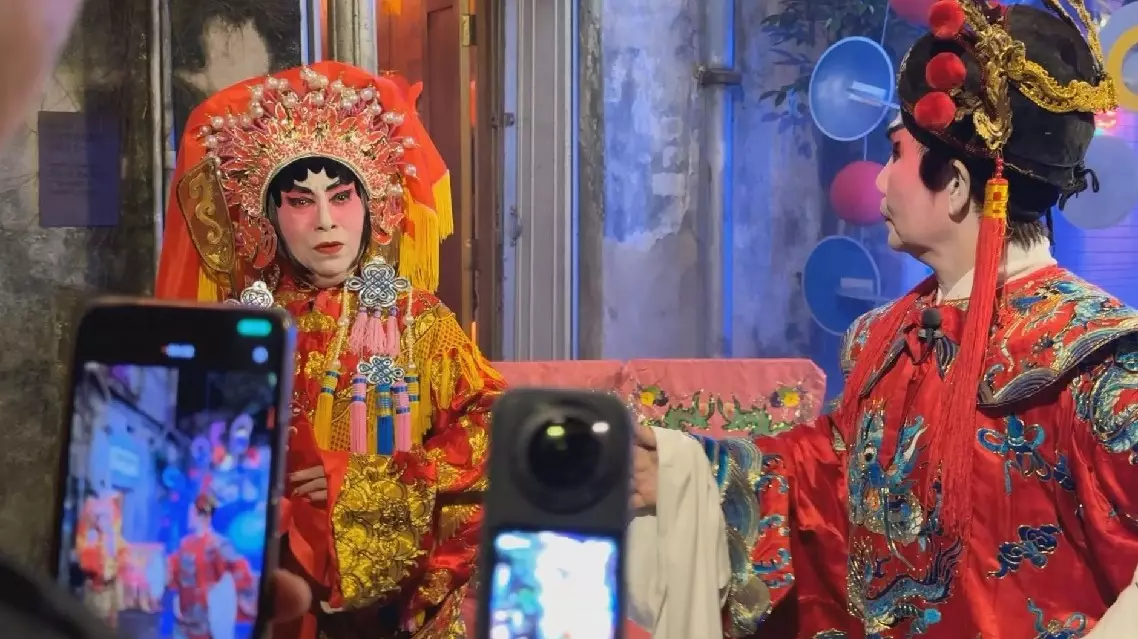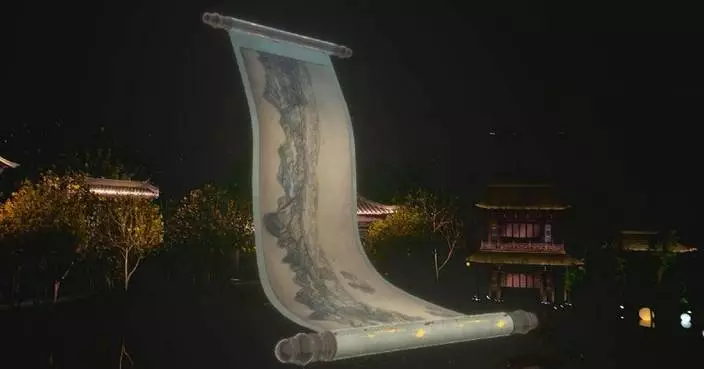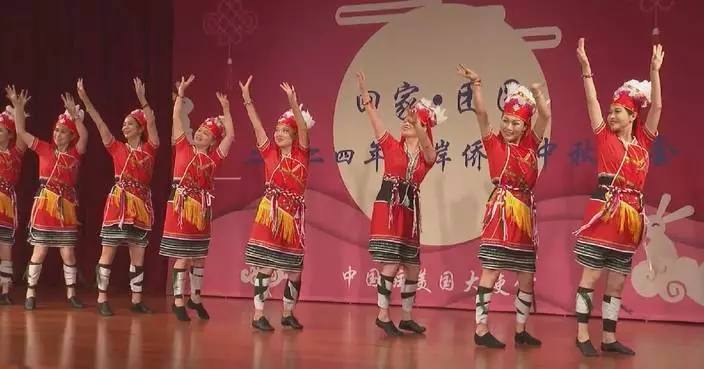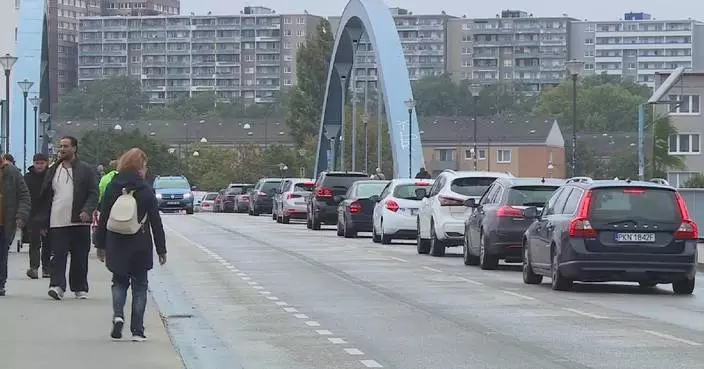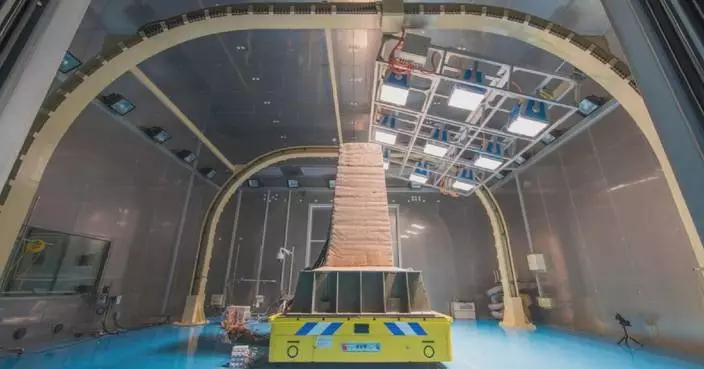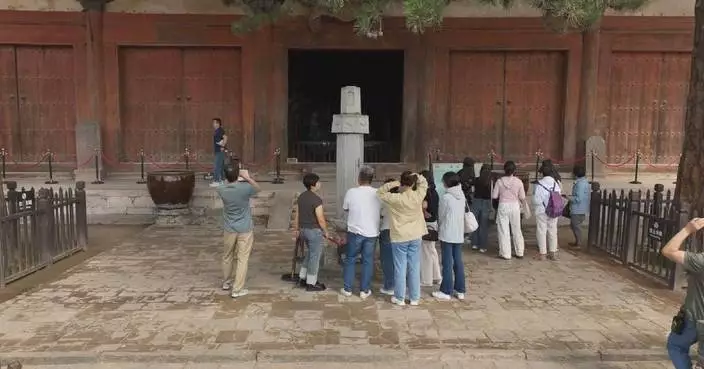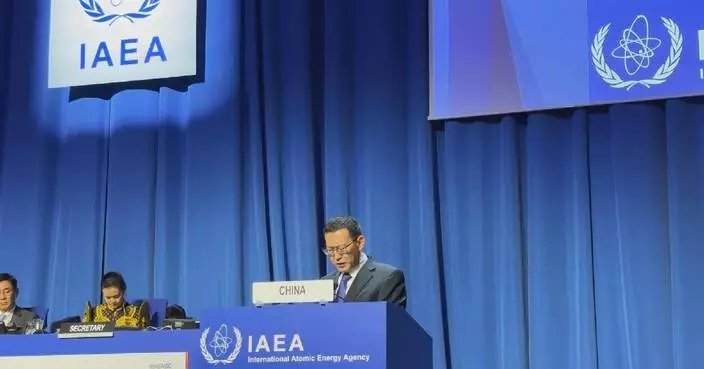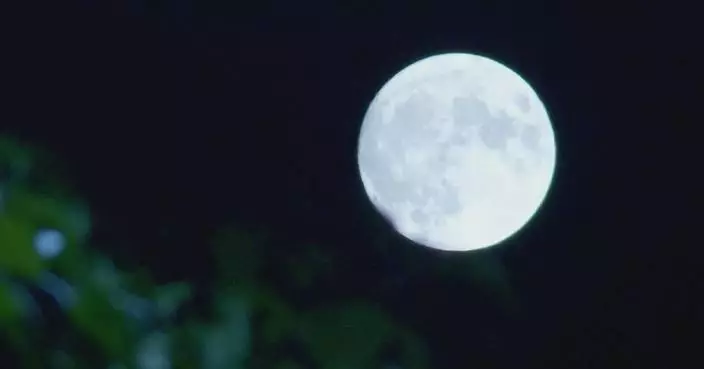The 2024 International Government Communication Forum (IGCF) gathered more than 250 international guests and speakers on September 4-5 in Sharijah, the United Arab Emirates (UAE), to spotlight current and future models of governments in a rapidly changing world, alongside innovative communication strategies and tools.
The 13th edition of the forum took place with the theme "Agile Governments. Innovative Communication". It brought together senior officials, industry leaders, decision-makers, researchers, communication experts from government and private sectors, as well as media professionals from around the globe to shape the future of government communication.
This year's topics included the sinking shores of Tuvalu, environmentally damaging lithium mining practices, and the plight of migrants, with discussions held to explore possible ways out of these crises.
Among the speakers was British adventurer and survival trainer Bear Grylls, who was well-known for his time spent surviving in nature captured on screen in shows like "Man vs. Wild" and "Running Wild with Bear Grylls".
Speaking at the forum, Grylls shared how his experiences have shaped his understanding of resilience and success, and the importance of learning from failure.
"We all have the moments of life feeling 'Can we keep going?' And I think understanding that, that's okay. We are all normal. But there's a reservoir in all of us that is deeper than we ever imagine. We don't want to live in that reservoir all the time because that's hard. But in the crunch moments I know people are strong. People are strong. You got it. That's a muscle and the more we exercise it the stronger it gets. It's the element of adventure survival I love, when we tickle the edge of that place," he told reporters on the sidelines of the forum.
On Tuvalu, the world's fourth smallest country, people's will to survive is challenged by climate change. At the current rate of global sea level rise, the entire country is feared to be submerged in a matter of decades. In November 2021, Tuvaluan Transport, Energy, Communication, and Innovation Minister Simon Kofe went viral with his video speech delivered to the United Nations climate change conference COP26, while standing knee-deep in the Pacific Ocean.
While the Tuvaluan government is trying to save the island physically, it is also preparing for the potential loss digitally. Tuvalu will become the First Digital Nation. It means digitally recreating its land, archiving its rich history and culture, and moving all governmental functions into a digital space.
"We will host our governance system, administrative system, so all these things can be fulfilled even without a physical territory. We have also looked at platforms how we can use technology to preserve our culture and our heritage. We are looking at platforms like the Metaverse using that as a way to present our culture and give people an experience of what Tuvalu is all about. I always liken it to someone who has been diagnosed with cancer. You know you're ending. It changes your priorities. It changes the way you look at life. And part of the Digital Nation is to look at what is really important about Tuvalu. What are the intangible things that we want to preserve as a country," Kofe said in an interview.
Preservation is also the goal of Moroccan engineer Rachid Yazami who plays a key role in the development of lithium-ion batteries. Without them, electronic devices such as cell phones, laptops and even electric cars would be inconceivable. However, the mining of lithium has been criticized, partly because of its high water consumption. In order to conserve valuable resources, Yazami is working on making batteries smarter with the help of artificial intelligence.
"My research is now to see whether we can combine material science, materials that we are using in a battery, and artificial intelligence that enables us to manage the batteries. So, we can charge them very fast. We can extend their life by two x. We can extend the range. Every time you charge your cell phone or you charge your battery in a car, you can drive longer distances. So, all of this are areas of innovation and research. And also battery recycling, very important. I'm also working on how we can develop more efficient ways to recycle batteries and recycle the materials," said Yazami who plans to present the first results as early as next year.
Next year will also be a milestone for Maya Ghazal. The 25-year-old will then hold her commercial flying license in her hands to become the first female Syrian refugee with this pilot's license.
In 2015, she and her family fled to the UK to escape the civil war in Syria. Without any language skills, she was initially rejected by many schools. But she persevered. Today, Ghazal is a UNHCR goodwill ambassador and wants to be a role model for women and girls that she herself did not have.
"What I found most difficult was the fact that I was so alone in this journey. I did not know one who has been through what I've been through. There was no one to tell me, 'Yeah, that happened to me. It will get better.' And that's what I found most challenging. I wanted to do even more show that women are capable of achieving their dreams, we are capable to break stereotypes, we are capable of reaching their dreams. And I'm a true believer that we should not, and no one should, be telling us what we can and can't do. We are the role models we want to be. And if we are just given a chance, to be ourselves, to flourish, that's sometimes all it takes. It's like a simple act of kindness. Sometimes it's so simple, but it makes a huge difference in someone's story," she said.
IGCF is one of the key initiatives by the Sharjah Government Media Bureau. It was first launched in 2012 and is held annually.
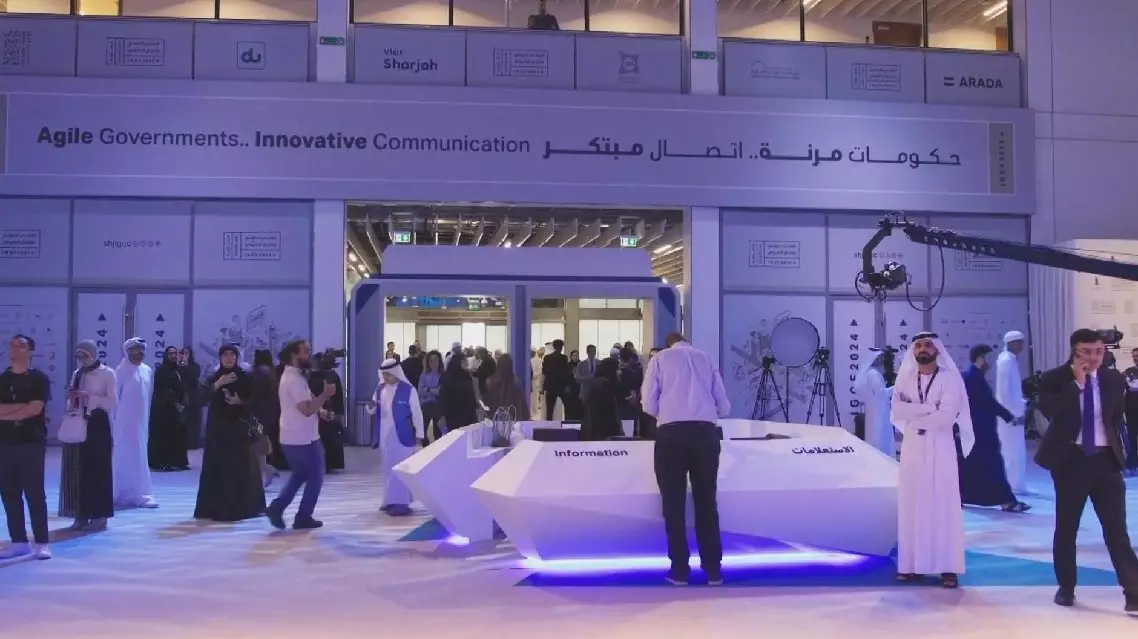
IGCF 2024 focuses on tackling global challenges with survival mindset, emerging tech


